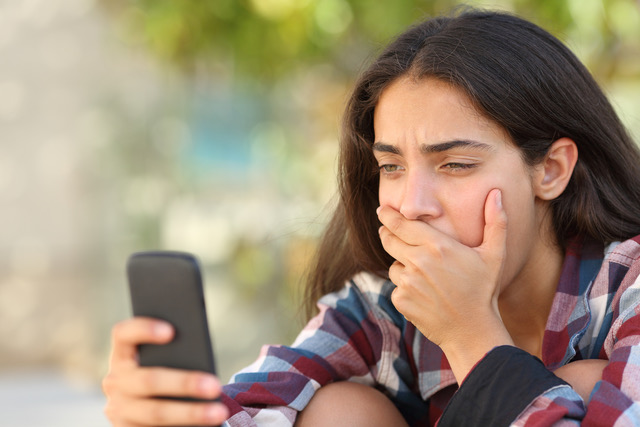Your Online Reputation Matters
Your online reputation matters, like it or not, in the same way that your offline reputation counts.
No wonder I don’t have a big online personal presence, though it wouldn’t hurt to enhance it, as my personal brand is linked to UIO, which does have a pretty good online reputation, thanks to our social media manager.
But here is the thing to remember, the thing that terrifies me—everything you say and do online becomes a part of your online record. Yeah, you have an online record and all it takes is a quick search to pull it up.
Of course, there are privacy matters but make no mistake about it, privacy can become a little murky when posting comments, photos, etc… Whatever you post, well there is a trail, forever!
Gosh, forever is a long time and can and will follow you around from your teens, to university, to new relationships, to potential jobs and so on. So, as long as your posts represent you, your personal brand, and you can stand by them and not behind them in shame or in front of them to conceal them, you are good to go.
What a heavy burden to bear, living in front of a lens, that is, all the time. Sure, we all like to reflect on memories but there are few things we’d like to forget about, too.
Like the time that I sat humiliated in the stands during a basketball game and my boyfriend, who knew nothing about me intimately, nothing, decided to plant his hands upon my coated chest (I had on a puffer coat). And even if he had known me intimately, how disrespectful was that? Whatever happened to r-e-s-p-e-c-t? Obviously, this has left a scar on my psyche, but I do remember squirming my way out of it somehow and getting another boyfriend.
Imagine me finding a photo of the scene online the next day, the next month, the next year, the next decade. I’d be traumatised today. Thank goodness this was pre-online dominance for socialising. Thus, I was able to restore my reputation without too much of a fuss. For starters, I had much less of an audience to deal with.
Make no mistake about it, the thought of not having an online presence is unreasonable to ask nowadays, considering all the goodness that comes from social media such as broadening your horizons and communicating with people throughout the world. Without it, sharing my expat experiences or promoting UIO podcast would be incredibly challenging or downright impossible.
So, what can you do to protect your online reputation?
Don’t post inappropriate visual or written content!
And don’t be tempted to comment on inappropriate content, either. It might seem harmless and fun, but it could easily come back to haunt you.
Be mindful of others, only posting comments and photos of them with their permission.
Stick to the offline rule of refraining from heated discussions about religion, sex and politics, particularly with strangers, unless of course, you have a platform that warrants you to do so.
And finally, check out Online Safety with Charlotte Aynsley from series 3 of UIO podcast for more hot tips on staying safe online and protecting your reputation. It’s all about you inside out!

